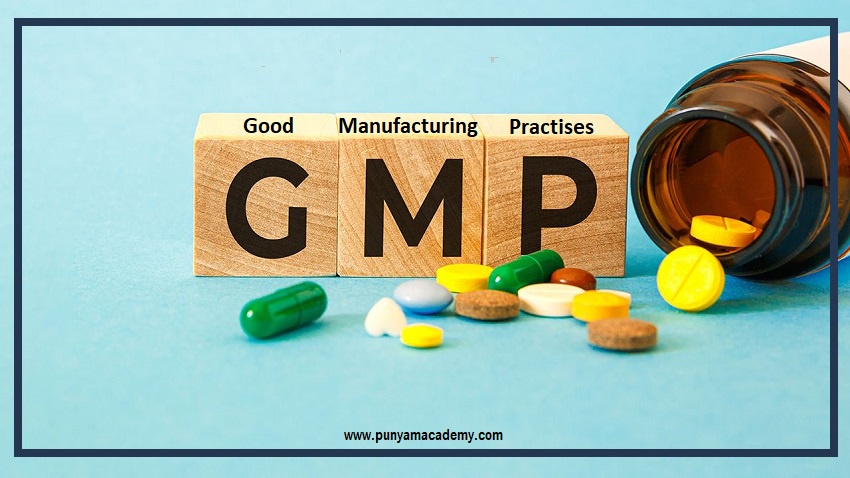One of the industries with the strictest regulations in the world is the pharmaceutical one. Given that the patient's well-being, including their health and possibly even their lives, are on the line, this is not surprising. To maintain the security and efficacy of pharmaceutical products, every company engaged in the pharmaceutical industry must adhere to several rules. The set of essential guidelines known as Good Manufacturing Practises (GMP) must be followed to ensure adequate product quality.
When we talk about GMP, we're talking about the Good Manufacturing Practice requirements that the US Food and Drug Administration issued by the Federal Food, Drug, and Cosmetic Act. Manufacturers, processors, and packagers of medicines, medical devices, some foods, and blood must take proactive measures to guarantee that their goods are secure, effective, and pure according to these laws, which have the legal force of law.
Records management, staff credentials, hygiene, cleanliness, equipment verification, process validation, and complaint handling are all covered by GMP regulations. The majority of GMP regulations are relatively broad and undefined, allowing each producer to choose how to best put the required controls in place. It provides the manufacturer with a lot of flexibility, but it also necessitates that they interpret the specifications in a way that makes sense for each different firm.
For the pharmaceutical industry, quality assurance is a wide concept that encompasses all of the critical steps in the production of pharmaceuticals. It is a technique for tracking process effectiveness and product quality that aids businesses in preserving their reputations and avoiding regulatory fines. But in addition to that, it guarantees that the prescription medication has the intended effect and that it complies with all legal requirements.
It should be mentioned that failing to comply with pharmaceutical quality standards might result in serious penalties for the producer as well as potential legal action that could put their company in danger. This is the reason why any individual participating in the production process needs to undergo specialised training in pharmaceuticals. To deliver high-quality ultimate pharmaceutical products, pharmaceutical companies associate QA with the eight PQS pillars. Those 8 pillars consist of auditing, QMS consultancy and design, GMP compliance, GMP auditor training, standard operating procedures (SOP) development, qualified person and responsible person provision, Inspection preparation and support, and quality risk management.
A product's identity, strength, and quality are all protected by good manufacturing practices, which assist assure the right design, monitoring, and management of production processes and facilities. When GMP is correctly applied, it can reduce waste and losses in facilities while also defending the company, customers, and the environment. With GMP, consumers are safeguarded against the possibility of purchasing a product with an inappropriate dosage or one that unintentionally contains an allergy. On the other hand, businesses that adhere to these best practices are shielding themselves from legal liability if they produce a substandard product that endangers consumers.
GMP ultimately makes a profit. By following these guidelines, producers can identify mistakes before a product is released to the market, saving on the otherwise high cost of product recalls and reputational harm. By being confident in a product, customers save money. Governments save money by avoiding the costly enforcement and regulation efforts that, in the absence of GMP, would otherwise spiral out of control. Because many of the standards are designed to guarantee that workers are thoroughly taught, outfitted, and safe, and that equipment is maintained to an acceptable degree, GMP also helps protect an organization's people and equipment. All facets of a business, from its employees to its operations, are covered by GMP.


No comments yet